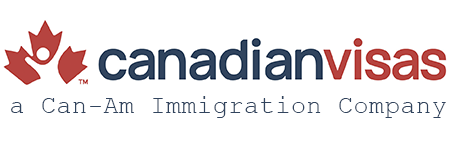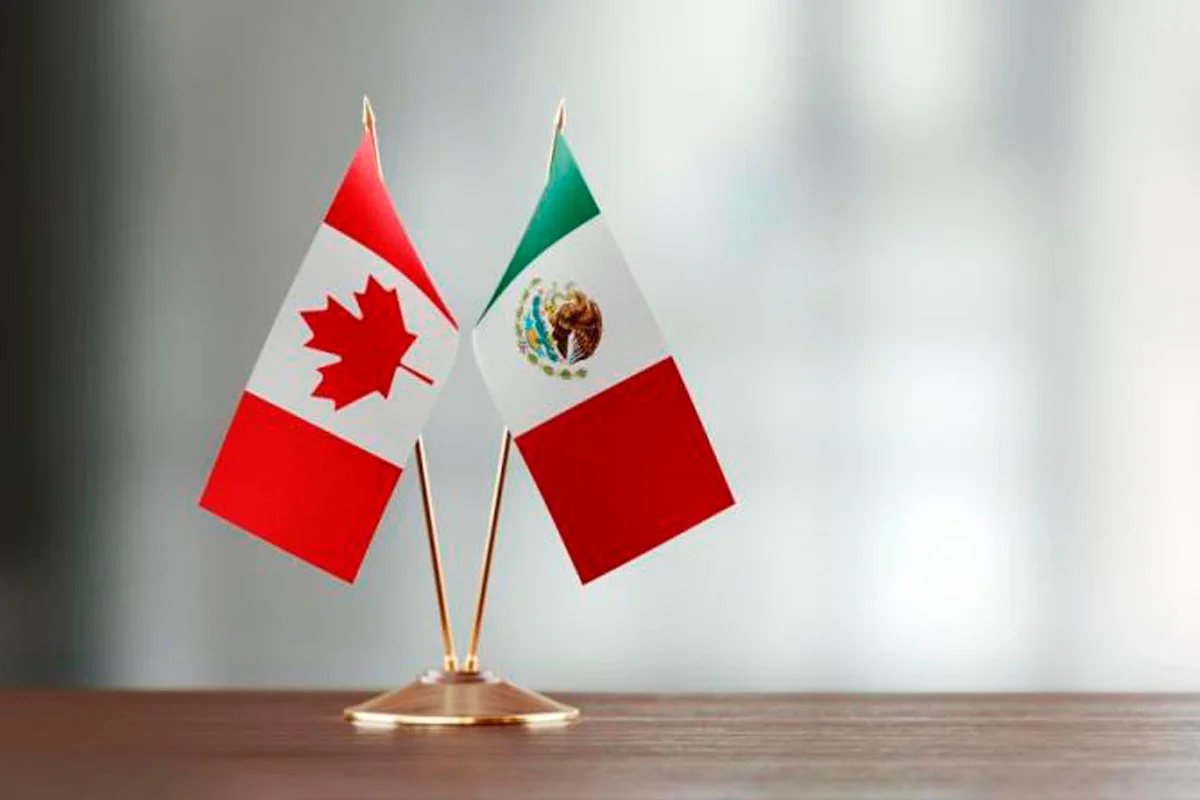As of February 29, 2024, Mexican citizens can now apply for an Electronic Travel Authorization (eTA) to visit Canada by air under certain circumstances. This streamlines the travel process for many Mexican visitors while maintaining the integrity of Canada’s immigration system.
Canada and Mexico have enjoyed a long and fruitful partnership, collaborating for over 80 years. As part of their ongoing commitment to fostering strong ties and facilitating travel between the two nations, Canada has adjusted its travel requirements for Mexican citizens.
What is new?
Starting February 29th, 2024, at 11:30 PM Eastern Time, Mexican citizens can now apply for an Electronic Travel Authorization (eTA) when travelling to Canada by air, if holding a valid US non-immigrant visa or those who have held a Canadian visa in the past 10 years. This simplifies the process for many Mexican citizens, as a significant portion already hold US visas, allowing them to continue visa-free travel to Canada.
This new eTA option applies to Mexican citizens:
- Travelling by air
- Holding a valid US non-immigrant visa
- OR having held a Canadian visa in the past 10 years
Who is still required to apply for a visa?
Individuals who do not meet the above criteria, such as those travelling by land or sea, will need to apply for a Canadian visitor visa.
Who can still travel visa-free?
- Most Mexican citizens, as the majority already hold US visas.
- Those who meet the criteria for visa-free travel will continue to enjoy seamless entry into Canada.
Why the change?
This adjustment comes in response to a rise in asylum claims from Mexican citizens which were eventually refused, withdrawn, or abandoned. It aims to strike a balance between facilitating travel and tourism while ensuring sound management of the immigration and asylum systems.
What about work and study permits?
The application process for Mexican citizens seeking work or study permits in Canada remains unchanged. Existing pathways like the Temporary Foreign Worker Program and the International Mobility Program are still readily available.
What does this mean for the future?
Canada remains committed to fostering travel, tourism, and business with Mexico. They will continue to collaborate with the Mexican government to strengthen immigration pathways and support both managed migration and those genuinely seeking asylum. Additionally, Canada is expanding its network of visa application centers in Mexico for improved service.
This move aims to alleviate pressure on the Canadian border, immigration system, and social services while maintaining convenient travel options for Mexican citizens wishing to visit Canada.
Furthermore, Canada is actively looking to expand the Seasonal Agricultural Worker Program (SAWP) by including year-round primary agriculture, seasonal fish and seafood, and primary food processing. This modernization will benefit both Canadian and Mexican workers and businesses, solidifying the mutually beneficial relationship between the two countries.
Quotes
“Mexico is an important partner to Canada. We will continue to welcome Mexican temporary workers, students, visitors and immigrants who bring diverse skills and important contributions to our economy and communities. We strive for balance between the movement of people between our two great countries, and the need to relieve pressure on our immigration system so we can provide protection to those who need it the most.”
– Marc Miller, Minister of Immigration, Refugees and Citizenship
Quick facts
- Asylum claims made by Mexican citizens reached a record high in 2023 at a time when Canada’s asylum system, housing and social services were already under significant pressure. The majority of these claims (approximately 60%) were either rejected by the Immigration and Refugee Board of Canada, or withdrawn or abandoned by the applicant.
- In 2023 alone, asylum claims from Mexican citizens accounted for 17% of all claims made that year from all nationalities around the world. The country’s asylum claim rate has risen significantly since the visa was first lifted in 2016 (from 260 claims in 2016 to 23,995 claims in 2023).
- All eTAs issued to Mexican passports before 11:30 p.m. Eastern time on February 29, 2024, will no longer be valid—except for eTAs linked to Mexican passports with a valid Canadian work or study permit. Mexican citizens travelling to Canada without a valid work or study permit will need to apply for a visitor visa or reapply for a new eTA—if they are eligible.
- Mexican citizens holding a valid work or study permit can still travel by air to Canada with their existing eTA as long as it remains valid, and they can continue to study or work in Canada based on the validity and conditions of their permit. Mexican visitors who are already in Canada on an eTA can stay for as long as they are authorized (up to six months from the date they arrive in Canada). However, if they plan to leave Canada and wish to return, they must have the proper travel documents (visa or new eTA).
- Most approved visa applicants receive multiple-entry visas, which allow them to visit Canada as many times as they want, for up to 10 years, or until their passport expires.
- The eTA is a digital travel document that most visa-exempt travellers need in order to travel to or transit through Canada by air. IRCC first began expanding its eTA program to eligible citizens from visa-required countries in 2017. Mexico will now be among 15 countries whose citizens can to fly to Canada on an eTA, instead of a visa, if they meet certain requirements.





0 Comments